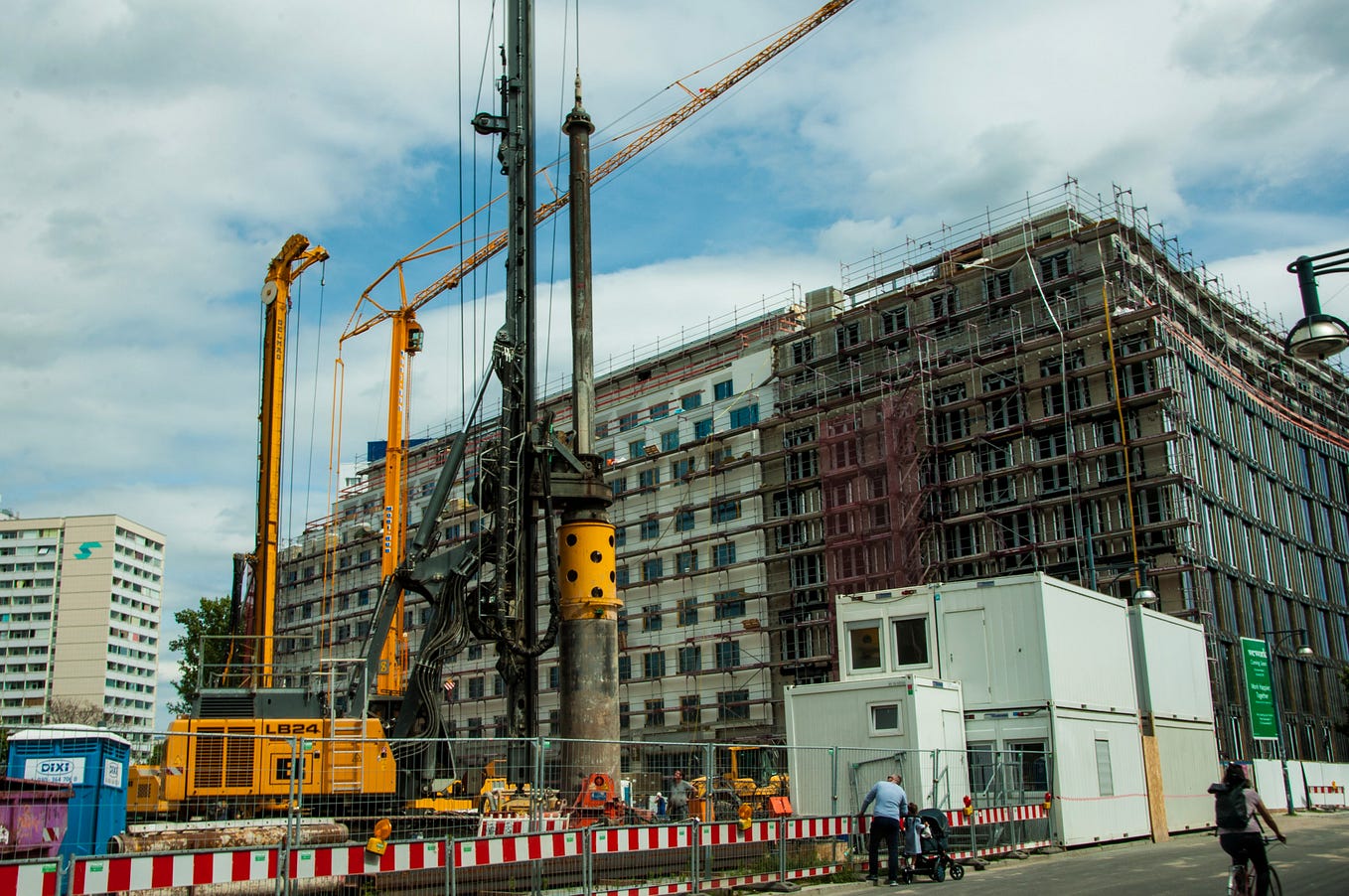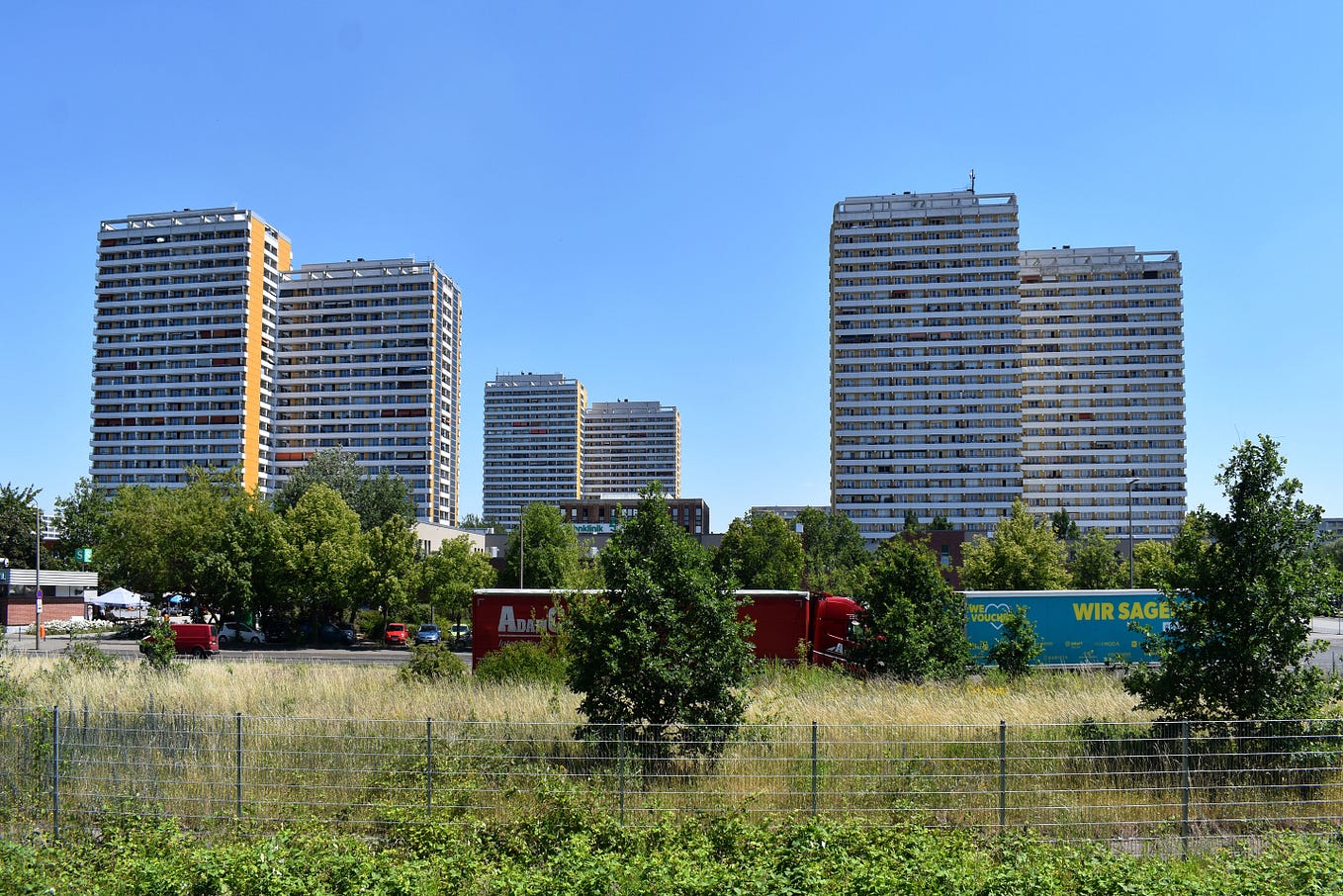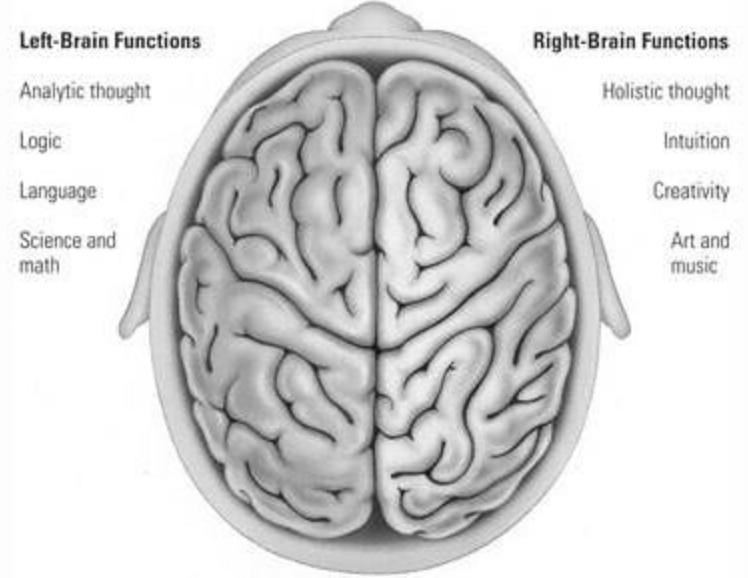Germany’s Largest Minority: What it means to be Turkish in a ‘non-immigrant’ country
By Isabell Liu
Yousef Duran has owned his fruit and vegetable stand at the popular Turkish market along the Maybachufer river bank for 40 years. Duran, 54, first came to Berlin as a guest worker, following a October, 1961 agreement signed by former West Germany with Turkey to address labor shortages.
The German government expected male workers who would stay long enough to learn new skills, earn money to send home, and then ultimately return to Turkey. Instead, many — like Duran — chose to stay. Permanently.
But not once did he ever apply for German citizenship. “It doesn’t matter whether I have a Turkish or a German passport. I’m a foreigner here,” Duran said. “You look in my eyes, and you see that I am Turkish.”
About 5,000 miles across the Atlantic Ocean in 1943, the U.S. government signed a similar agreement with the Mexican government called the Bracero Program as a temporary solution to U.S. labor shortages after World War II. Like its German counterpart, the Bracero Program ushered in a new generation of migrants who chose to stay.
But now, in the face of Amercan ICE raids — aimed at removing thousands of undocumented immigrants from the country —anti-Turkish sentiment shown by the right-wing Alternative for Germany (AfD) party raises the question of whether America’s long-time ally will also head in the xenophobic direction favored by the Trump administration.
Nearly 60 years after the first Turkish guest workers arrived in the country, 3.4% of the nation’s population has Turkish roots. A study released in 2017 found that the number of Germans with foreign backgrounds reached a new high, at 18.6 million — or about 1 in every 5 Germans. And yet, “fierce debates continue to flare up in Germany about integration and discrimination,” writes Rebecca Staudenmaier of Deutsche Welle, a German news service.
Turkish-German politician Haluk Yıdlız received death threats and Islamophobic letters before the 2019 European Parliament elections. “They [the letters] were claiming that it is only Germans who have a say in this country,” Yıdlız said to the Turkey-based Anadolu news agency.
Turkish-German soccer player Mesut Özil faced similar reactions from fans and professionals alike for posing for a picture with Islamist Turkish president Recep Tayyip Erdoğan in 2018. Reinhard Grindel, the former head of the country’s soccer federation, accused Özil and another team member of becoming Erdoğan’s political pawns, and others even suggested the two players be dropped from the team entirely.
“It doesn’t matter whether I have a Turkish or a German passport. I’m a foreigner here,” Duran said. “You look in my eyes, and you see that I am Turkish.”
And yet locals and tourists frequent the Maybachufer Turkish market every Tuesday and Friday to snag bargains on fresh produce and textiles, or just to experience one of Berlin’s many hidden treasures. The döner kebab, a Turkish-German invention featuring flatbread stuffed with onions and sliced lamb or beef, has become a $4.5 billion industry. “The popularity of the döner is beyond question,” reports The Local, an English-language news service based in Europe.
But as much as Turkish markets and the ubiquitous döner kebab contribute to Germany’s multicultural reputation, Turkish immigrants are still considered the “least integrated” group in the country, according to a study released in 2009 by the Berlin Institute for Population and Development.
They are also the largest ethnic minority in Germany, and the second largest Turkish population in the world.
Another study done last year by the Center for Turkish Studies at the University of Duisburg-Essen found that approximately 89 percent of Turks in Germany felt strong ties to Turkey and 81 percent to Germany. But neither of these studies explains why the Turkish community is perceived as the “least integrated” population, or why Duran never chose to apply for a citizenship.
The answer, says the spokesman for the Turkish Union in Berlin-Brandenburg (TBB), may lie in the very term ‘integration.’ “What is integration?” Safter Çınar scoffed when asked about the 2009 study.
The TBB says it advocates for “legal, social, and political” equality for those with migrant backgrounds or experiences. One of the TBB’s current projects is the Anti-Discrimination Network Berlin (ADNB), which gives counsel and aid to those who have experienced discrimination on the basis of their ethnicities, religions, genders, and so on.
“When they say integration they mean assimilation,” Çınar said. “If you look all around Germany, you have thousands and thousands of people with Turkish origin in every stage of the society.”
He says statistics concluding that Turks do not integrate are not only misleading, but say more about German attitudes towards the Turkish community. “The economist [Joseph] Schumpeter has a very a good saying about this. He said: ‘try all the statistics that you yourself have manipulated.’ It depends on what do you ask, what do you search, how do you make your plan.”
One criterion used in the 2009 Berlin Institute study was education, and showed only 14 percent of Turkish students passed their high school exams and that in the German state of Saarland 45 percent of Turkish immigrants never finished high school. But this is to be expected, says Çınar. As a former chairperson of the Trade Union for Education and Science (GEW) in Berlin, he believes that Germany’s education system “is living in the last century,” and “very class-based.” Since the migrant population generally falls below the German middle class, the study’s findings may indicate more of a class issue than a Turkish or migrant issue, he says.
Dominik Ortner, a 32-year-old pedagogue in Berlin, had a different explanation for the academic struggles among Turkish students— especially in predominantly Turkish neighborhoods like Kreuzberg and Neukölln: language. Although many of the students that Ortner encounters were born in Berlin, he believes that many don’t speak German at the level of those who come out of non-minority districts. “They are bound to their mothers’ language at home,” he said.
The “biggest problem…the dangerous problem they [Turkish students] have is the pronunciation,” said Ortner. He also explained that it is “hard for Turkish children to write German because Turkish does not have articles.”
“Ugh, no,” responds Melike Çınar, daughter of TBB spokesman Safter Çınar. She says such critiques only prove a perceptual bias.
Çınar is an educational officer at the Paritätisches Bildungswerk Bundesverband — a governmentally funded, nonpartisan organization aiming to reform German education. She is also a member of the Turkish Parents Association in Berlin-Brandenburg.
She says the main problem that she saw while teaching students was with academic German. “Even the German-German ones have huge problems with it, because the spoken language is really different from what you need to know when you want to write and read in school.”
Melike also pointed out that these students are most likely not “bound to their mother’s tongue” as Ortner says, since many are second or third generation migrants.
“I really doubt that today there is this closed Turkish community, because we don’t have many — or basically no — first generation migrants. All the parents of these children that this teacher [Ortner] is talking about grew up here, if not their grandparents even.”
Accurate or not, the notion of inadequate German language skills in Turkish communities spells trouble for those applying for a German citizenship.
German fluency is one of the many requirements to become a naturalized, German citizen. “[O]ne of the most important requirements [for naturalization] in this case, which you must prove through testing, is your language proficiency,” according to Germany VISA, an independent website containing information on German visa requirements and applications.
Applicants are expected to prove that their German is at or above an intermediate level by the requirements of the Common European Framework of Reference for Languages (CEFR), either by taking a certification test, by providing proof of admission into German higher education, or by providing a certificate of completion from an “integration course.”
To German-American college student Emil Montag, language is vital for social integration — a view that is typical of mainstream German attitudes towards Turks and other immigrant populations.
“Speaking the language and being able to communicate with the people around you is a critical element in really being able to integrate into the country,” he said. “There’s two types in the Turkish community. There’s those that are totally German — you might know that they have a Turkish background, but that’s totally fine…then there are others who are just continuing to live the Turkish culture, in the public, and I just then wonder why are they living in Germany?”
Another requirement for obtaining German citizenship is renouncing any previously held citizenships — which differs from Turkey’s own citizenship legislation that allows Turkish citizens to hold multiple nationalities. But, for newcomers from Switzerland, EU countries, and any countries that forbid their citizens from renouncing their citizenships, Germany makes exceptions — exceptions that don’t apply to Turkish-Germans.
Up until 2014, Turkish-Germans born in Germany could hold both passports until their 23rd birthday. Once the time came, they had to decide which nation they would become citizens of.
Some, like Hakan T — the son of a meat vendor at the Turkish market on Maybachufer — never chose, and lost their German citizenships. “It’s not necessary,” he said. He added that he already felt like an ordinary German, and that a citizenship made no difference in the matter.
Although this age rule was struck down in 2014, in order to be eligible for dual citizenship children must still have spent six years at a German school or in vocational training, resided at least eight years in Germany, and acquired a diploma or training certificate — all by the age of 21.
TBB spokesman Safter Çınar says the dual-citizenship conversation usually devolves into a dual-loyalty charge when it comes to Turkish-Germans. “It is always ‘they [the Turks] must be loyal to Germany and with two citizenships it can’t be,’” he said. “They say: ‘they are not integrated, they are looking for Turkey!’ I say: [German] people go to the streets for democracy in Panama — biologic Germans! Are they not integrated?”
Turkish-German journalist Mely Kiyak says losing cultural ties is a key concern for Turkish people applying for German citizenship.
“[T]hey don’t want to give up their Turkish passports because they think they give up their Turkish identities, and this has to do with the discussions,” Kiyak said in a 2008 interview with National Public Radio. “But even if you have got the German passport, people who are ethnic German don’t accept you as German.”
“Just because we committed three genocides in the twentieth century doesn’t mean that we know of diversity,” said Melike Çınar.
Miran Max Kessel, a 24-year-old Humboldt University student and German citizen who has a German father and Kurdish-Turkish mother, experienced this conditional acceptance because of his Turkish-sounding name.
“I don’t really look very Turkish to most Germans, so if I would say — my second name is actually Max — so if I would just use my second name, together with my surname [Max Kessel] I can’t be more German than that…[b]ut if I would say: ‘my name is Miran,’ the everyone would ask me: ‘where is that name from?’ ‘Where are your parents from?’” he recalled.
“Some people in my early school years thought my name pretty funny, and I couldn’t really cope with that.”
So, he changed it. After switching high schools, he decided to go by Max rather than Miran — and it worked. His peers stopped asking questions, and he no longer had to deal with others questioning his origins. “It felt quite bad to be forced to do it…but it did make life easier for a couple of years.”
But shortly after he completed high school, he decided to switch back to using Miran. “I don’t really like the name Max — it’s so boring!”
German citizenship — and in Kessel’s case, German blood — does not automatically mean German acceptance. As German Chancellor Angela Merkel declared in 2010, multiculturalism in Germany “utterly failed.”
The teachers that Melike Çınar works with still recoil at the term ‘racism,’ even in the language and racism seminar that she leads as part of her nonpartisan teaching organization.
“Because, here, we are not racist,” said Melike sarcastically. “There is no racism in Germany.”
According to Melike, the word ‘discrimination’ is not even used in the “so-called” discrimination law — called the Equality Law — or anywhere in German law, for that matter.
“After World War II, I don’t know if you know this, but there were no Nazis anymore,” she continued with a sardonic laugh. “The story goes as if they came from outer space in 1933 and went away in 1945.”
Unlike the U.S. and its popular melting pot metaphor, Germany has always maintained that it is not an ‘immigration’ country. “Just because we committed three genocides in the twentieth century doesn’t mean that we know of diversity,” said Melike Çınar.
But Çınar hopes that her contributions with the nonprofit teachers organization will help introduce multiculturalism nonetheless. In her work, she tries to help teachers recognize — and reform — unconscious practices that they might be implementing in the classroom, in order to give minority students a “real chance” at academic success.
“We ask the teachers and the schools that we work with and the parental association to reflect on the racist structures that they reproduce — even if they don’t mean to,” she said. “I think whenever we do not change our structures to fit the children’s realities, but the other way around, we really damage children.”
Isabell Liu is a first-year student UC Santa Barbara students majoring in communication. She hopes to report on more transnational migration stories as a foreign correspondent in the (near) future.









